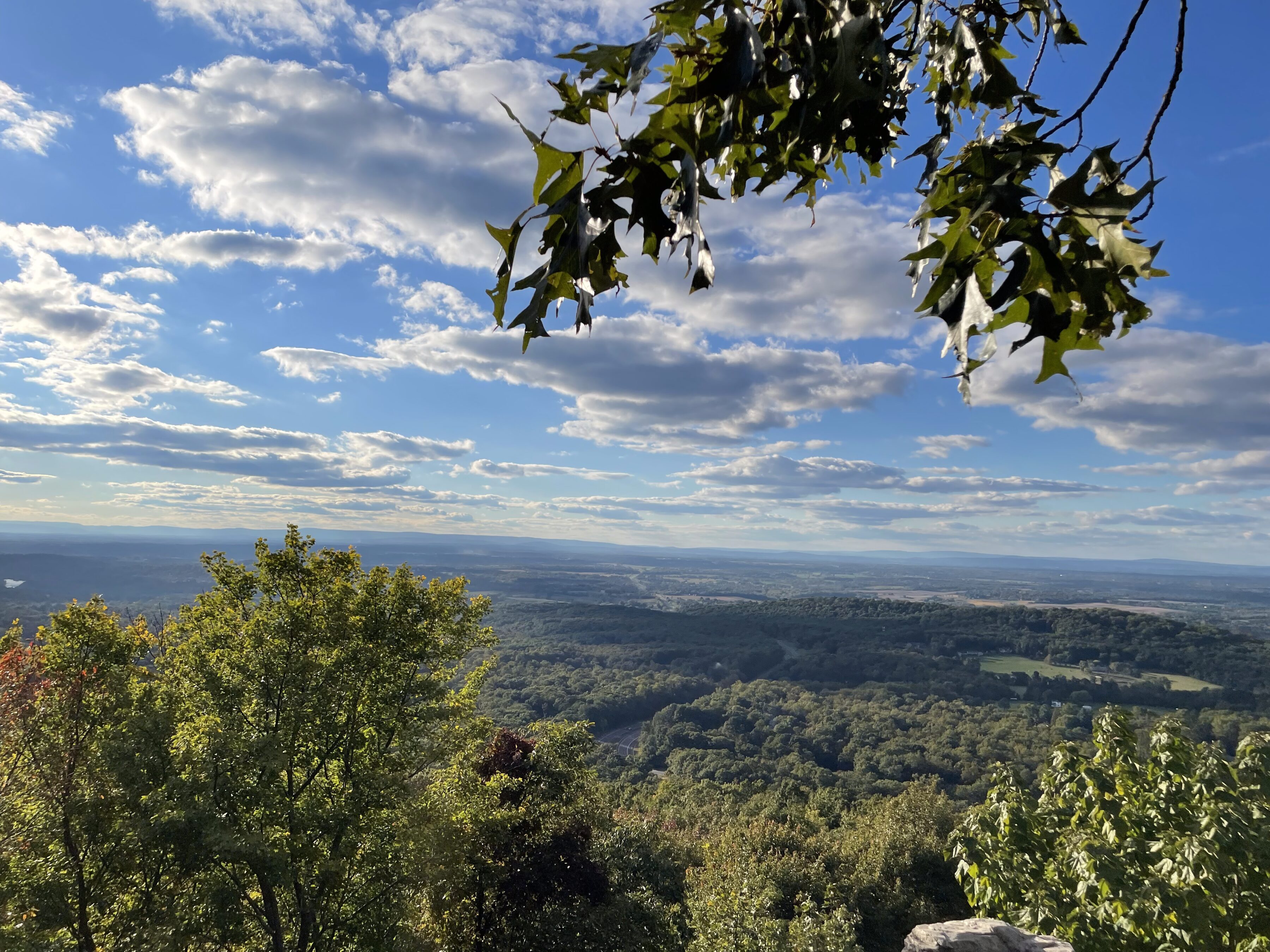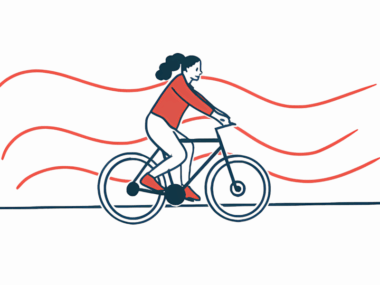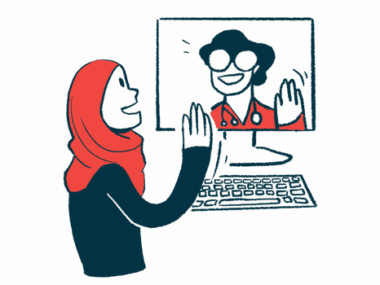My time in nature has given me a broader perspective on CF
All my life, outdoor experiences have pointed the way to all kinds of health
Written by |

The benefits of being in nature are well-documented. There are the physical benefits, such as improving blood pressure and immune activity. And then there are the mental benefits, with people spending time in nature seeing reduced rates of depression and anxiety and increased vigor. These findings don’t come as a shock to me, and they probably don’t to you, either.
So why is being in nature good for you?
There’s the obvious first part: People are probably more active when they’re in nature than they might be otherwise, and physical activity is an extremely important part of feeling good. That’s probably part of it, as is exposure to the byproducts of the environment around you.
But I don’t think it ends there. I find, for myself at least, that there are deeper, more spiritual elements to why being immersed in nature has such profound effects.
Nature as a lifetime escape
There are realities of growing up with a chronic disease, as I did with cystic fibrosis (CF). You’re forced to become familiar with sickness, hospitals, routines, and the prospect of death at a very young age. These are scary things to think about. I had no choice but to find something that would make me feel hopeful.
Whenever I find myself called to be immersed in nature, whether that’s on a long hike, going to an arboretum or city park, or even just sitting on my porch and choosing not to look at my phone, I find myself much more open. I feel less mentally restrained and find that my thoughts wander so much more freely without any sense of obligation to react intensely to every passing thought.
Being in nature is meditative, and a welcome change of slow-moving stimuli instead of the rapid-fire pixels beamed directly into our brains for hours and hours a day. I also feel more open and less tied to my own preconceived notions. It feels like I’m capable of holding a thought or feeling without an intense emotional reaction to it, but rather experiencing it from a holistic perspective.
There’s also a boundless feeling when in nature. Borders in nature are never perfectly crafted or designed; they’re incongruous, dynamic, ending and restarting, crooked, jagged, and unclear, like how pen ink spreads when the paper it’s on gets wet. Even individual organisms aren’t always clearly delineated; just look at how fungi grow anywhere and everywhere in a forest or consider how the roots of trees and even different species intertwine.
As a kid, I was outside all the time. It was an escape. That huge world would quickly remind me that bigger things than me were going on, even if I was a small part of them. It was a feeling of spaciousness that made me realize I was a whole human and more than the individual parts of myself, including my cystic fibrosis. In a way, being outside helped me forget about my CF and freed me from the limitations I felt it thrust upon me.
Still to this day, getting outside provides me with a different perspective of the world around me, helping me to see myself and the things that negatively affect me in a different light. That connection to something bigger expands my field of view.
Nature and the feeling of spaciousness it affords me have enabled me throughout my life to look at CF objectively, as something I have no choice but to grapple with. Changing my environment leads me to be more mentally and cognitively open to the world of possibilities. That’s helped me survive; otherwise, I don’t know how I would’ve made sense of a world where I felt like an alien every single time I had to explain my disease to other kids my age, and even to my teachers.
For these reasons, I don’t think I’m the only person who benefits from being in nature. I suspect this feeling of spaciousness is what keeps people going outside. It just might be one of the reasons the national parks are so popular, and it might be why seasonal affective disorder is so prominent in the colder, darker months when it’s harder to get outside.
I believe that humans thrive when we can consider the world we’re in from different perspectives and with a sense of openness. After all, spaciousness is not about guaranteeing that things will go the way you want, but it does enable you to be open to the possibility that maybe things don’t have to go exactly how you want.

The overlook at Bears Den, near the Appalachian Trail in Bluemont, Virginia: the spaciousness of nature. (Photo by Tré LaRosa)
Note: Cystic Fibrosis News Today is strictly a news and information website about the disease. It does not provide medical advice, diagnosis, or treatment. This content is not intended to be a substitute for professional medical advice, diagnosis, or treatment. Always seek the advice of your physician or other qualified health provider with any questions you may have regarding a medical condition. Never disregard professional medical advice or delay in seeking it because of something you have read on this website. The opinions expressed in this column are not those of Cystic Fibrosis News Today or its parent company, Bionews, and are intended to spark discussion about issues pertaining to cystic fibrosis.








Leave a comment
Fill in the required fields to post. Your email address will not be published.